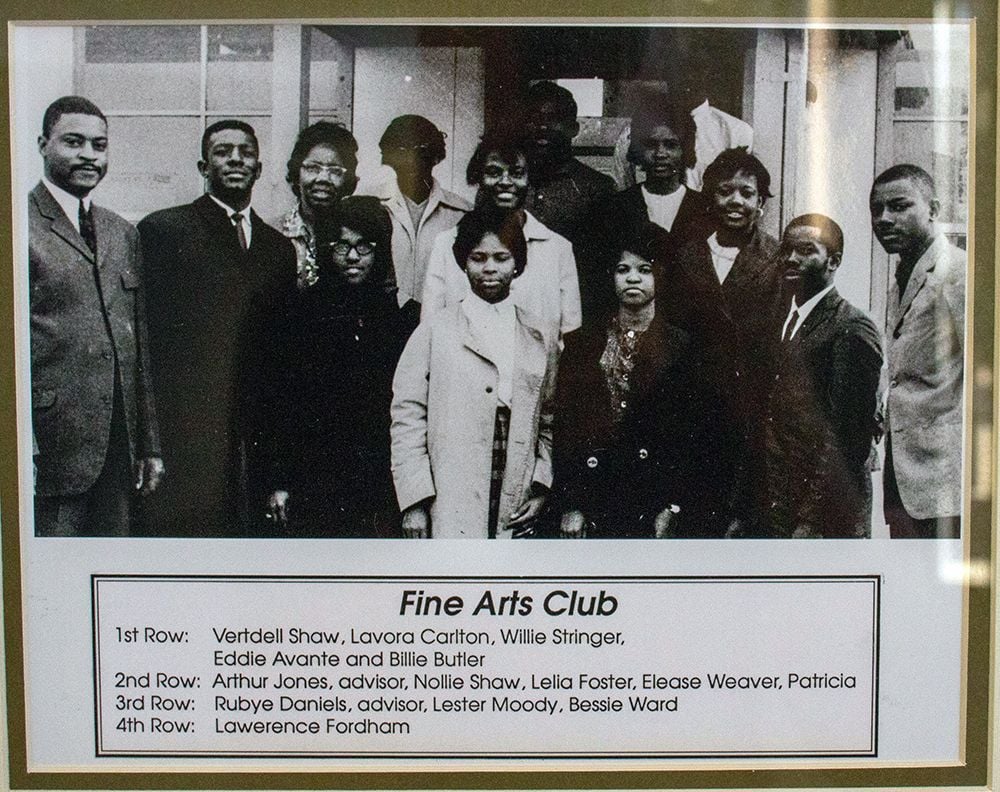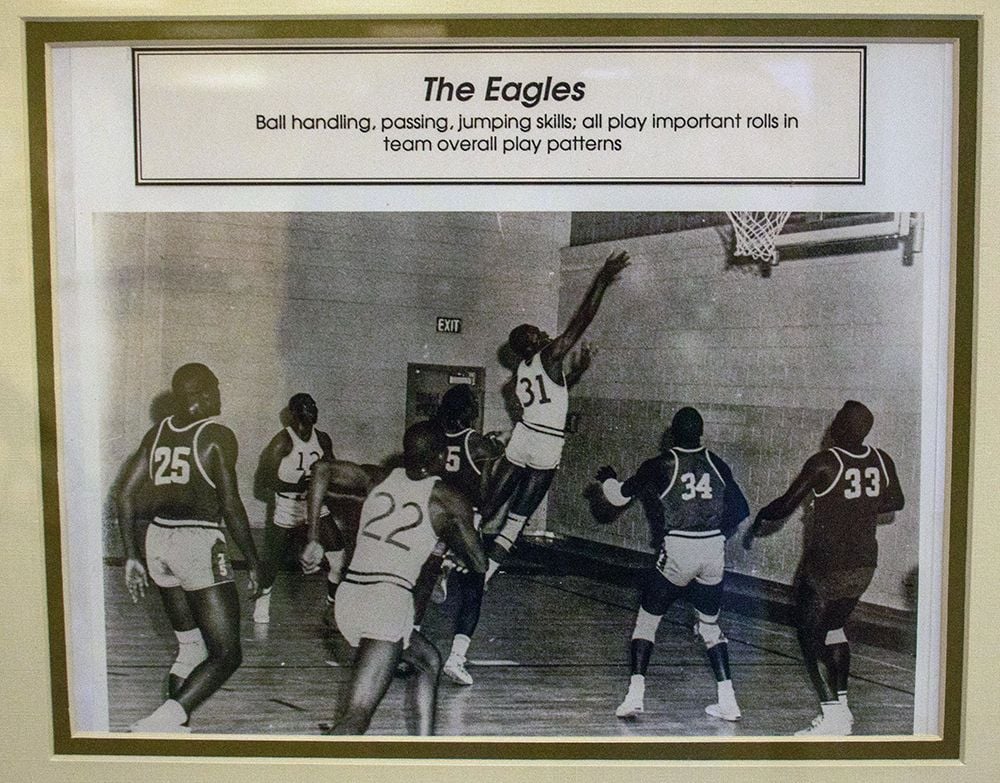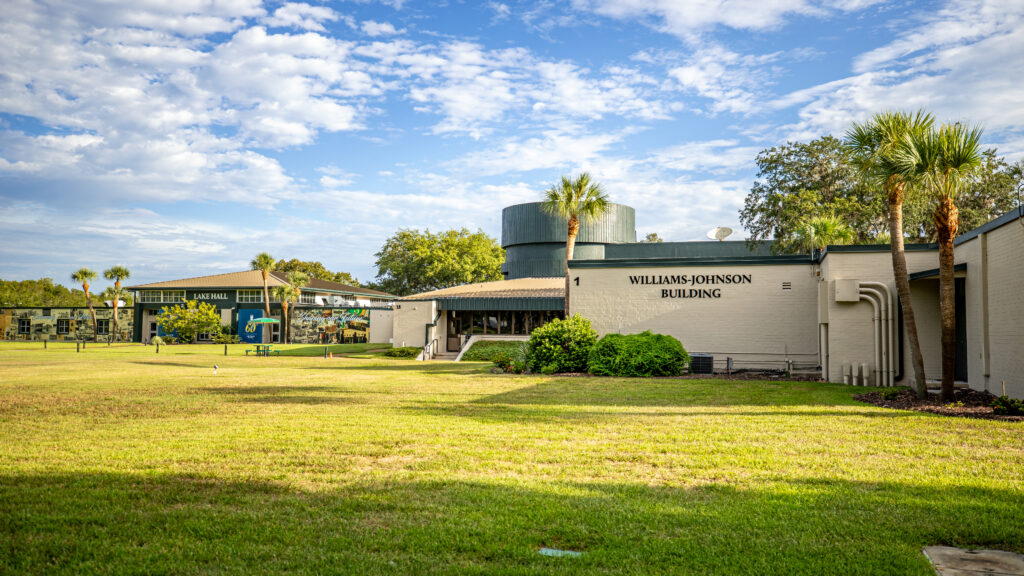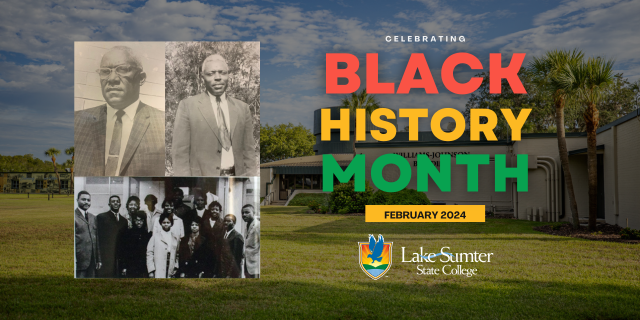
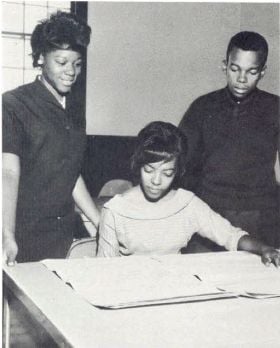
Black History Month provides an opportunity to reflect on the significant contributions and milestones achieved by the African American community. At Lake-Sumter State College (LSSC), the historical legacy of Johnson Junior College stands a testament to the resilience and determination of Black students seeking education during a challenging era of segregation.
In 1961, through the collective efforts of citizens in Lake and Sumter counties, Johnson Junior College was established by legislative acts HB 929 and SB 147. On September 4, 1962, the college opened its doors to over 400 Black students from Lake, Sumter, Hernando, Orange, Osceola, and Seminole counties. The College initially operated on the grounds of Carver Heights High School in Leesburg, with Perman E. Williams serving as its first President.
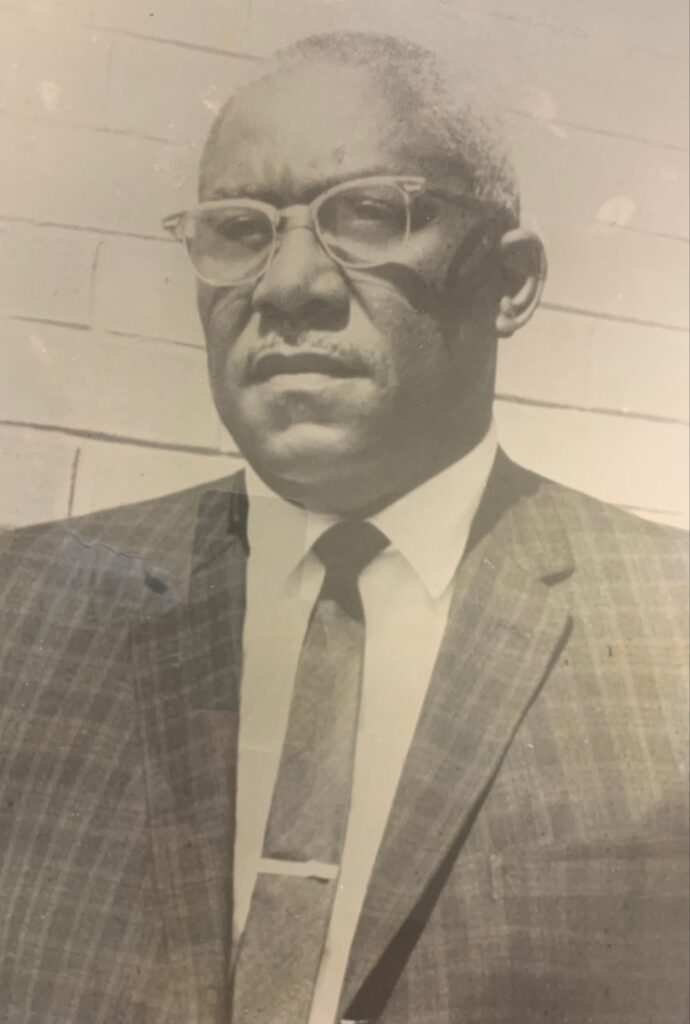
As one of only twelve Black colleges in Florida, Johnson Junior College played a crucial role in providing educational opportunities before the passage of the 1964 Civil Rights Act. In its short existence of four years, the college graduated nearly 400 students. The College’s commitment to excellence was evident in the diverse range of programs offered, including traditional general education and specialized tracks like pre-agriculture, pre-business administration, pre-engineering, pre-law, pre-dental, and pre-nursing.
Perman E. Williams, the College’s first and only president, played a pivotal role in ensuring the success of Johnson Junior College. His dedication to students went beyond academics as he personally addressed transportation challenges by purchasing a bus to transport those who lived far away. Williams’ commitment to the College’s mission reflected a broader dedication to the Black community and its educational advancement.
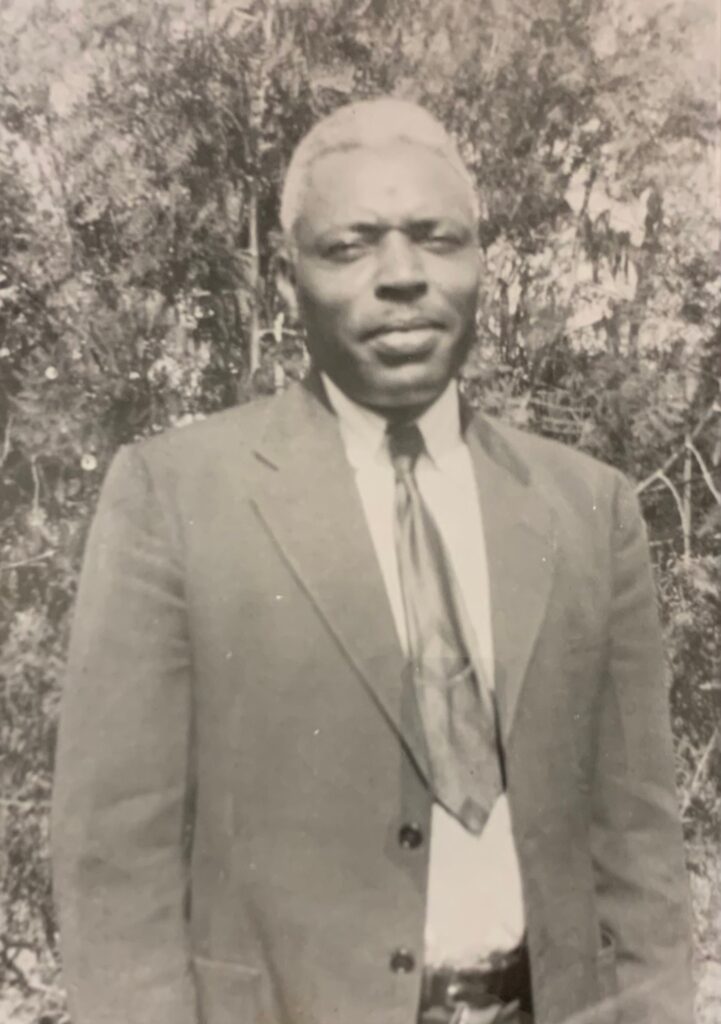
John Wesley Johnson, the College’s namesake, was a trailblazing educator and the first Black high school principal in Leesburg. His legacy endured after the merger with Lake-Sumter Junior College in 1965, as the institution became known as the Johnson Center of Lake-Sumter Junior College.
Despite its relatively short existence, Johnson Junior College left a lasting mark on the Black community and its students. The College fostered a vibrant student life, offering various clubs and organizations, including the Spanish Club, Fine Arts Club, and the Johnsonian newspaper staff. The impact of Johnson Junior College is still apparent today, with the names of Perman E. Williams and John Wesley Johnson adorning one of LSSC’s original administration buildings, commemorating the lasting legacy of this historic Black college.
As we celebrate Black History Month, it is essential to acknowledge and honor the significant contributions of institutions like Johnson Junior College. The dedication of its leaders and the resilience of its students continue to inspire and shape the educational landscape at Lake-Sumter State College. The merging of Johnson Junior College with Lake-Sumter Junior College in 1965 marked a milestone in the journey towards educational equality, reminding us that the pursuit of knowledge knows no boundaries.
